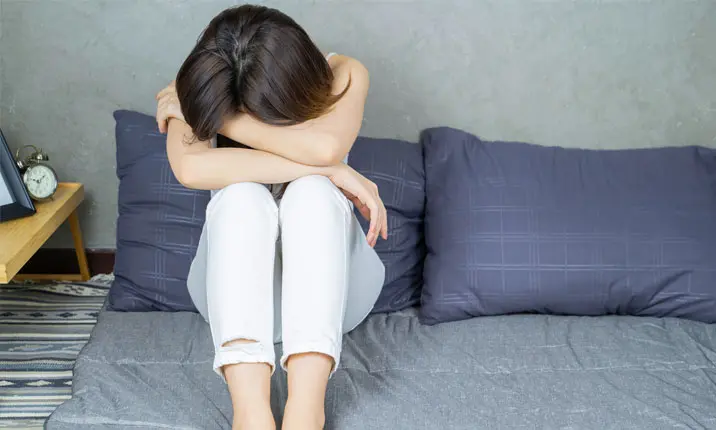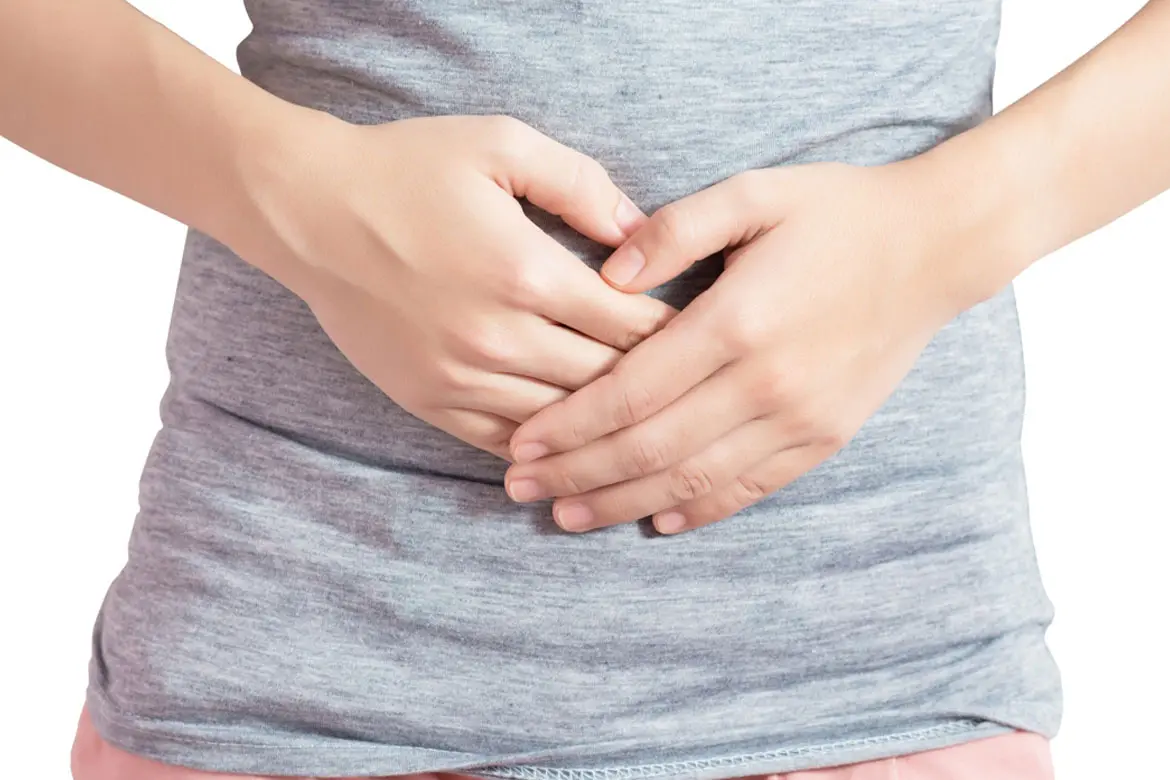A woman's reproductive journey is nothing short of eventful, until it reaches its final turn: menopause. Whether you've reached this life-stage, or are just wondering what it might be like when you do, Dr Chia Yin Nin, gynaecologist at Gleneagles Hospital shares what to expect and how you can manage it.
1. What is menopause and when does it happen?
Menopause occurs when the ovaries stop releasing eggs and producing hormones. The 2 main hormones produced by the ovaries are called oestrogen and progesterone.
You could say you have reached menopause if you have stopped menstruating continuously for a year.
The average age of menopause is between 45 to 55 years old. However, some individuals may not experience menopause within this age bracket, and instead, experience early, or delayed menopause.
Early menopause
5 – 10% of women experience menopause before age 45. This can occur due to the following reasons:
- Surgery (during which both ovaries are removed)
- Rare autoimmune conditions, for example, Systemic Lupus (SLE)
- Severe chronic illness, for example, renal failure and patients who have undergone chemotherapy for cancer
- Unknown cause
Delayed menopause
5 – 10% women have late menopause beyond age 55. There is no known cause.
2. What are the symptoms of menopause and how long do they last?
Symptoms can last between 1 – 2 years, and may include the following:
- Hot flashes
- Feeling warm
- Weight gain
- Fatigue
- Mood swings
- Excessive sweating
- Brain fog
- Heavy prolonged menses
- Vaginal dryness
- Pain during sex
- Loss of libido
- Insomnia
3. When should we be concerned about these symptoms?
While heavy irregular bleeding or light spotting are symptoms of menopause, they may also be symptoms of gynaecological cancers, such as cervical, uterine and less commonly, ovarian or fallopian tube cancers.
If you notice these symptoms, it is important to see a gynaecologist to rule out the possibility of having a gynaecological cancer. The sooner the diagnosis is made, the quicker you can receive treatment, and the better your chances of an effective recovery.
4. Can the symptoms of menopause be managed?
As a first line of defence, acknowledging the onset of menopause and its symptoms, exercising, staying fit and eating healthily are great ways to manage the symptoms of menopause.
However, if menopause symptoms are severe and affect your quality of life, consult a gynaecologist for phytoestrogen therapy or hormone replacement therapy.
Hormones replacement therapy (HRT) is a suitable remedy for menopausal symptoms, however, prolonged usage of more than 5 years is associated with higher risks of breast cancer. HRT is generally not advised for women with a personal history or strong family history of breast cancer or cancers which are oestrogen stimulated, for example, uterine cancer.
Phytoestrogens, for example, red clover extracts and soy extracts, can offer some relief of menopausal symptoms.
Most menopausal symptoms are transient and most only last 1 – 2 years.
5. What is perimenopause?
This refers to the years leading to menopause. This stage may last 2 to 3 years, involving the below symptoms:
- Menopausal symptoms
- Irregular menstrual cycle length
- Shorter menstrual cycle length: 21 to 25-day cycle instead of the usual 28 to 32-day cycle.
6. I underwent a procedure that makes it tough for me to tell if I have reached menopause. How can I know if I have reached menopause for sure?
If you went through a hysterectomy or an endometrial ablation and are no longer menstruating, you may find it difficult to tell that you have reached menopause unless you experience other menopausal symptoms.
In this case, a blood test checking for the levels of the luteinizing hormone (LH) or follicle-stimulating hormone (FSH), otherwise known as the two hormones released during the menstrual cycle, can confirm whether you have reached menopause.
Other pre-existing health concerns such as diabetes and hypertension do not affect the onset of menopause for individuals.
7. Does menopause lead to a higher risk of osteoporosis, heart disease and stroke?
Before menopause
The female hormone, oestrogen, produced by the ovaries reduces the risk of osteoporosis, heart disease and stroke.
Upon menopause
The ovaries stop producing oestrogen so the risk of osteoporosis, heart disease and stroke increases.
However, simple lifestyle measures such as the following can support you in reducing these risks:
- Regular weight bearing exercises 3 to 4 times a week
- Healthy eating with a balanced diet comprising complex carbohydrates, for example, brown rice, whole meal bread, low fat, moderate lean protein.
- Observing a low Glycemic index (GI) diet, which can may help to improve blood sugar levels and support weight loss. Foods in this diet include chickpeas, lentils, milk, natural yoghurt and unsweetened soy milk.
- Taking calcium and Vitamin D supplements
8. Will sex be painful?
Yes, it can be painful due to the development of dryness in the vagina, a symptom that is experienced during menopause. To manage painful sex, topical oestrogen therapy can be carried out safely during gynaecological consultations. Topical oestrogen as prescribed by a doctor is safe even for long term usage.
9. Can I develop cervical cancer after menopause?
All women who have ever engaged in sexual activity or who are sexually active, regardless of age and menopausal status, are at risk of developing cervical cancers.
They should undergo HPV testing and pap smear screening every 3 to 5 years at a minimum.
10. Is it still possible for me to get pregnant during menopause?
No, it is not possible to get pregnant after menopause. However, pregnancy can still occur during the perimenopause years, during which contraception is recommended. If menopause occurs before age 50, contraception is still advised for the next 2 years. If menopause occurs after 50, contraception is still advised for the next 1 year.
Should abnormal bleeding, spotting, or other worrying symptoms be noticed, regardless of your last check-up date, book an appointment with our gynaecologist, Dr Chia Yin Nin or with our other gynaecologists to rule out the possibility of a more serious issue.















